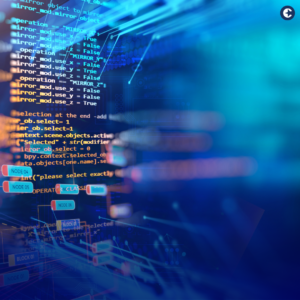The modern workplace is unrecognizable from its predecessor a mere two decades ago, thanks to the seismic shifts brought about by technology. From cloud computing to AI, technology has not only changed the way we work but also where and when we work.
The Onslaught of Digital Transformation:
- Remote Work: Perhaps the most visible change, technology has untethered work from physical offices. Cloud-based tools and high-speed internet enable employees to work from anywhere, fostering a culture of flexibility and work-life balance.
- Communication and Collaboration: Platforms like Slack, Microsoft Teams, and Zoom have revolutionized communication, making teamwork seamless and instantaneous, irrespective of geographical barriers.
AI and Automation:
- Efficiency and Productivity: AI and automation have streamlined routine tasks, from data entry to customer service, freeing up human resources for more creative and strategic endeavors.
- Data-Driven Decision Making: With advanced analytics tools, businesses can leverage vast amounts of data for informed decision-making, predicting trends, and tailoring services to customer needs.
Cybersecurity in the Digital Age:
- Rising Importance: As reliance on digital platforms grows, so does the need for robust cybersecurity measures. Protecting sensitive data against cyber threats has become a top priority for businesses.

Impact on Employee Skills and Training:
- Evolving Skill Sets: The technological revolution has shifted the demand toward digital literacy, problem-solving, and adaptability.
- Continuous Learning: Employers are increasingly investing in ongoing training and development programs to keep pace with technological advancements.
The Future of Work:
- Internet of Things (IoT) and Smart Offices: IoT is set to further transform workplaces, making them more efficient and employee-friendly.
- AI’s Growing Role: AI’s potential in decision-making and personalized customer experiences hints at an even more tech-centric future.
Read More: Technology is The Future of The Healthcare Business Model
Conclusion: Technology’s impact on the modern workplace is profound and ongoing. It has not only changed how we work but has also set the stage for a more connected, efficient, and flexible working environment. As we embrace this digital age, the challenge lies in balancing technological advancements with human-centric approaches to work.



